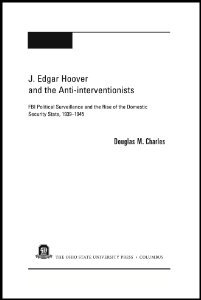By William H. Herndon (Author), Jesse W. Weik (Author), Colin Heston (Editor)
Abraham Lincoln: The True Story of a Great Life, Volume 1 by William H. Herndon and Jesse W. Weik is a deeply personal and detailed biography that explores the early life and character development of Abraham Lincoln. Written by Herndon, Lincoln’s former law partner, and Weik, a collaborator and researcher, the book offers a unique insider’s perspective on Lincoln’s formative years. It begins with an exploration of Lincoln’s ancestry and family background, emphasizing the hardships and humble circumstances that shaped his upbringing. The narrative delves into his childhood in Kentucky and Indiana, highlighting his early education, intellectual curiosity, and moral development. The authors portray Lincoln as a self-made man whose values were forged through personal struggle, rural labor, and a relentless pursuit of knowledge. The book also reflects on the influence of his mother, Nancy Hanks, and other key figures in his early life. Through anecdotes, letters, and recollections, the biography paints a vivid picture of Lincoln’s growth from a frontier boy into a thoughtful, principled young man destined for greatness. The tone is both reverent and analytical, aiming to present Lincoln not as a mythic figure, but as a real human being shaped by his environment and experiences.
Read-Me.Org Inc. New York-Philadelphia-Australia. 2025. 256p.








